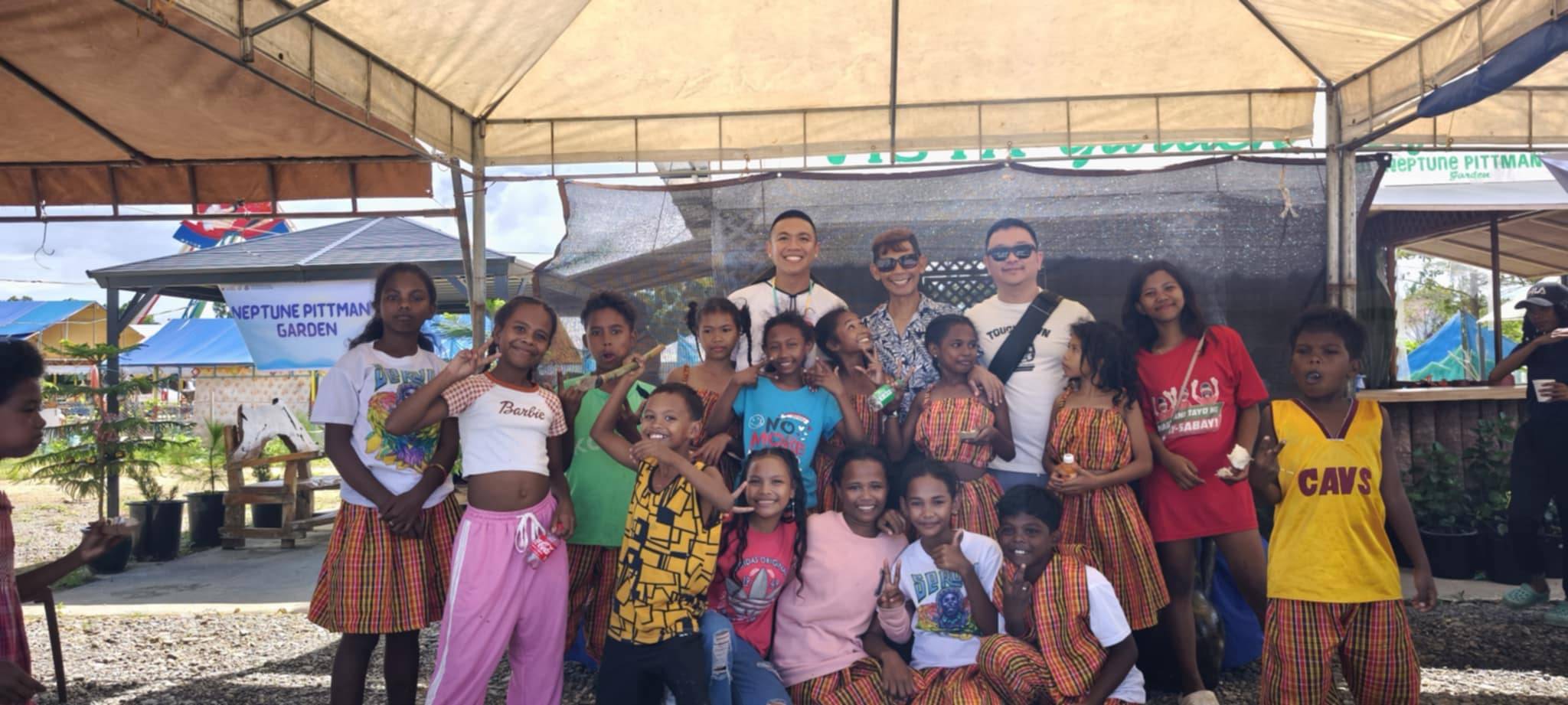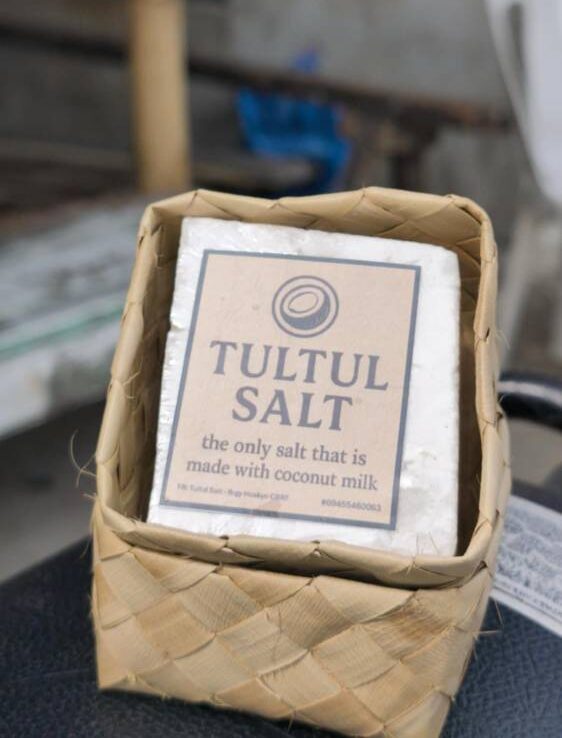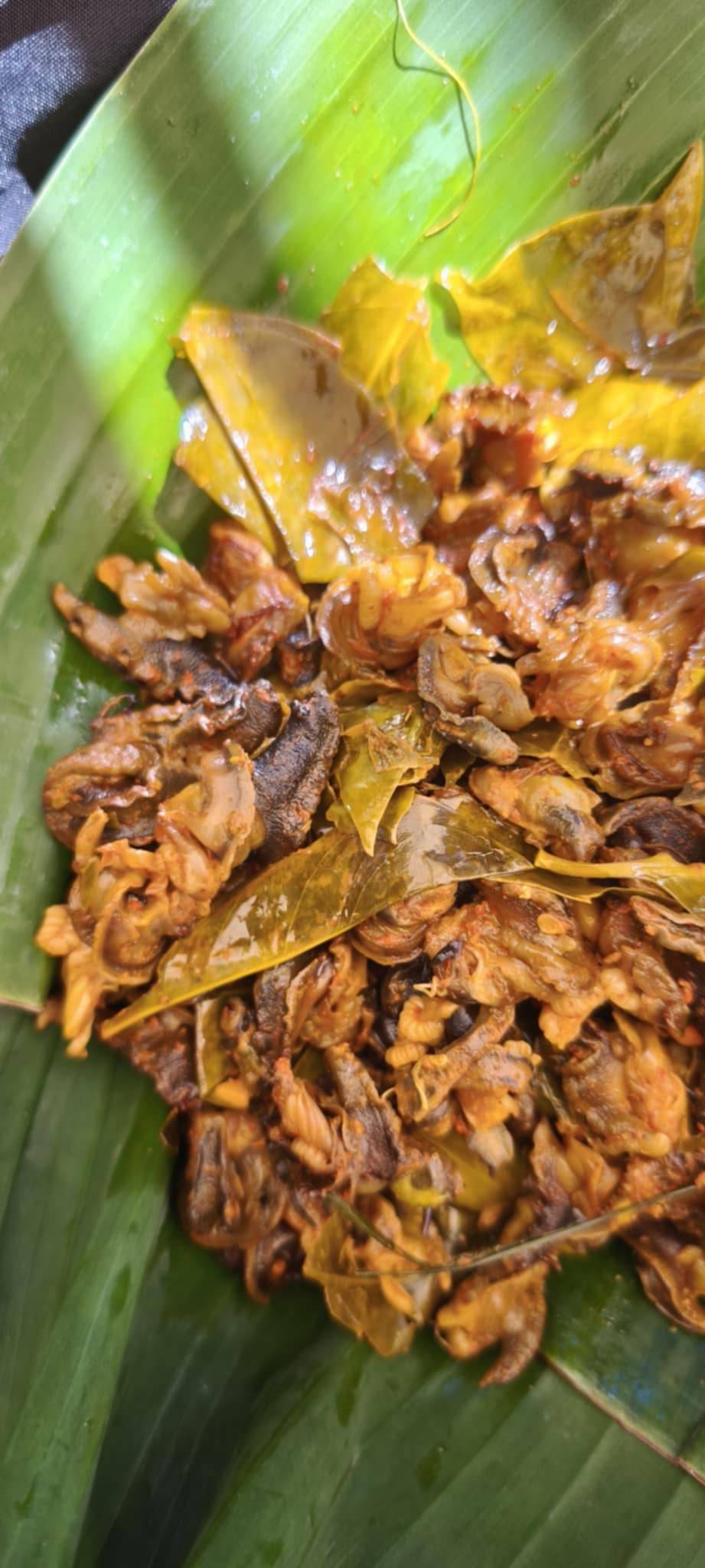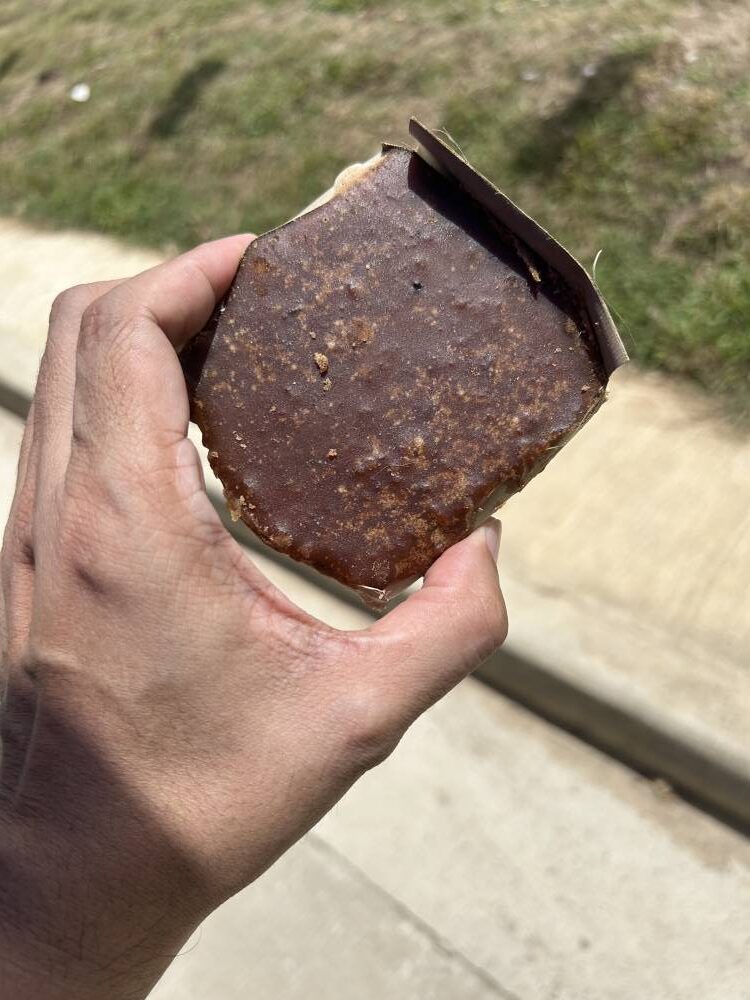The golden boy of Guimaras gastronomy

Alejo Vincent Abawan initially didn’t see himself working in the kitchen. “I hated it before because it was so rowdy and mainit,” he says.
But it seems like fate had other plans. When he was in third year college, Vinsoy, as friends fondly call him, got an opportunity to work in a cruise ship while juggling his education. “I had a special agreement with the school. Ginawa nilang modular ang subject ko, just so I could continue studying while building a career sa pagbabarko. I hit two birds with one stone,” he recalls.

Finding his purpose
At only age 20, he decided to become a working student to make ends meet. He started as the ship’s utility man and was eventually moved to the kitchen to cover some of the responsibilities. “Dahil sa gusto ko ma-promote, nag-cross train ako,” Abawan adds. “I worked in the kitchen and even [in] dining. I prepared the pizza, manned the grill, made the sauces.”
That was his very first foray into food, but he remembers not enjoying it much, given what he went through.
After five years, Abawan found his way back into the university. And whenever they had cooking competitions, he was always the one chosen to represent. “I was very confident because out of all the students, ako ang pinaka may experience. I was very discreet about it though,” he laughs.
“Luckily, ilang beses ako nag champion. Do’n ko nagustuhan ’yong plating and food styling at first because I’m also into arts. Hanggang sa nahilig na rin ako sa pagluluto. Kahit mainit, ok na rin sa’kin. Nag-enjoy ako sa experiments and R&D.”
After finishing school, he worked in the US for a year, then decided to pack his bags and go home to Guimaras. There, he shared what he learned abroad by consulting for some restaurants and eventually, putting up his very own.

Bringing forgotten flavors back
Returning the favor is something innate in Abawan, as he values what fate had given him. This is why he believes in paying it forward. “I always get happy seeing other communities na masaya...that I get to help them in any way I can. I like working with many people kasi masaya. Any chance I get, I want to help my fellow Guimarasnons,” he says fondly.
In 2022, he took the opportunity to do so by leading a small and dying community of artisanal salt makers. He was able to convince a couple to continue producing them. And in turn, he would take care of marketing and selling their product—just so that they won’t give up the craft.

Typically eaten as a viand with rice, duldul salt is made by a process involving burning driftwood, using the ashes to filter sea water, and then cooking the resulting brine with coconut milk. There was a time when only two families remained doing them. Now, with the sudden demand and hype attached to it, there are more than 20 of them.
“Ginastusan ko siya. I split the whole block to smaller chunks, then gave them away to chef friends,” Abawan shares. “I asked them to do any dish they like using it, then give their review and their feedback. Nagustuhan nila. They realized that Guimaras has other products worth noting aside from mangoes. That’s how it all started—through word of mouth then social media. Now, every month we get a lot of orders.”


He did the same for another specialty product called pinarak. Also known as kalamay sa buri, the sweet delicacy comes from the buri palm sap, which is cooked in muscovado sugar with grated coconut meat. There’s a community in Nueva Valencia that produces this. He uses it in his pop-ups and degustations—both in the province and in Manila, so people would be curious and consequently, inquire about it.
Abawan’s list is still growing. There’s labog or roselle; kulitis, which is a type of amaranth; and the dungon, the fruit of which they use for the preparation of kinilaw. He gets them all from various communities and introduces them to people through his cooking engagements, as well as participating in markets.
“I also do coastal cleanups and feeding projects,” Abawan adds. “Anything to help other people. Since I’m a stakeholder of tourism (he owns a travel agency), I know Guimaras has a lot of potential that I myself need to discover and for the other people to explore.”
Angelo Comsti writes the Inquirer Lifestyle column Tall Order. He was editor of F&B Report magazine.

















